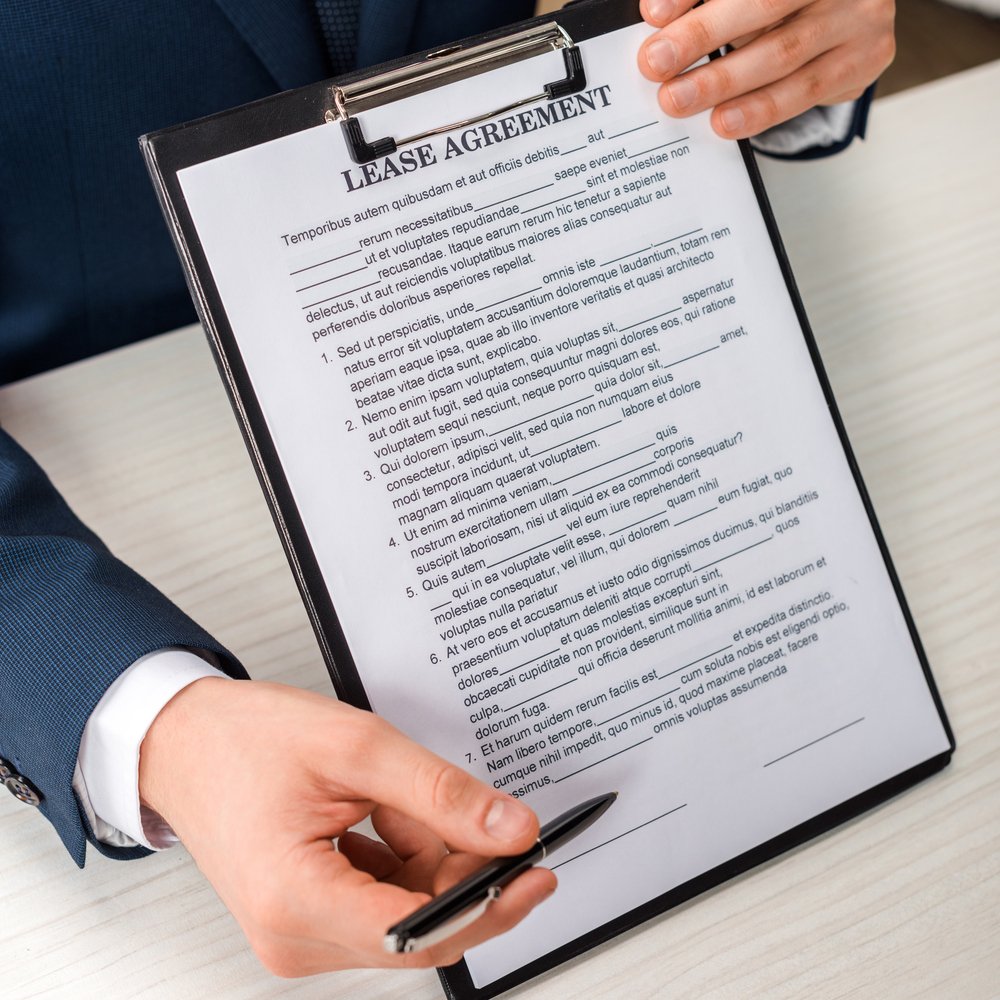Being charged with drug-related offenses can have severe legal and personal consequences. If you find yourself in such a situation, building a solid legal case to protect your rights and ensure a fair trial is essential.
1. Gather Substantial Evidence and Witness Testimonies
Your legal team should thoroughly investigate the charges’ circumstances, including the arrest, search, and seizure procedures. Look for inconsistencies or violations of your constitutional rights, such as illegal searches or probable cause. Additionally, identify witnesses who can provide testimonies supporting your version of events. These testimonies can significantly strengthen your defense and cast doubt on the prosecution’s case.
In addition, your legal team should meticulously review any available surveillance footage, police reports, and other relevant documentation. They should also interview any witnesses who may have observed the events leading up to your arrest or have knowledge about the circumstances surrounding the charges. By leaving no stone unturned in the investigation, you can gather extensive evidence to effectively challenge the prosecution’s case.
2. Challenge the Legitimacy of Search and Seizure
This is especially relevant if your Fourth Amendment rights against unreasonable searches and seizures were violated during the arrest. Your defense attorney should scrutinize the details of the search warrant, if applicable, to ensure it was obtained legally and executed properly. Any deviations from legal protocols could render the evidence inadmissible, weakening the prosecution’s case against you.
3. Establish a Solid Chain of Custody for Evidence
Ensuring that the evidence seized by law enforcement was properly handled and documented from the moment of seizure to its presentation in court is key. Your defense attorney should meticulously examine the procedures followed by the authorities in handling the evidence. Any break in the chain of custody can raise doubts about the integrity and reliability of the evidence, providing an opportunity to challenge its admissibility.
4. Question the Accuracy of Drug Tests and Lab Results
Drug testing methods are flexible, and errors or mishandling can occur during testing, potentially leading to false-positive results. Your defense team should investigate the laboratory procedures and qualifications of the personnel testing the alleged drugs. They can question the testing methodology’s credibility, challenge the results’ accuracy, and request independent testing to validate or dispute the findings.
5. Seek Expert Testimonies to Dispute Prosecution’s Claims
Experts in forensic science, pharmacology, or law enforcement procedures can provide professional opinions that challenge the prosecution’s claims. They can analyze the evidence, interpret complex scientific data, and present alternative explanations that cast doubt on the prosecution’s narrative. Expert testimonies carry substantial weight in court and can be instrumental in securing a favorable outcome.
Building a solid legal case is paramount to safeguarding your rights and achieving a positive outcome when faced with drug charges. You can significantly strengthen your defense by gathering substantial evidence, challenging search and seizure procedures, establishing a solid chain of custody, questioning the accuracy of drug tests, and seeking expert testimonies. Remember, the success of your case often depends on the expertise and guidance of an experienced criminal defense attorney. With their help and the strategies outlined in this article, you can confidently navigate the legal system and work towards a favorable resolution.



